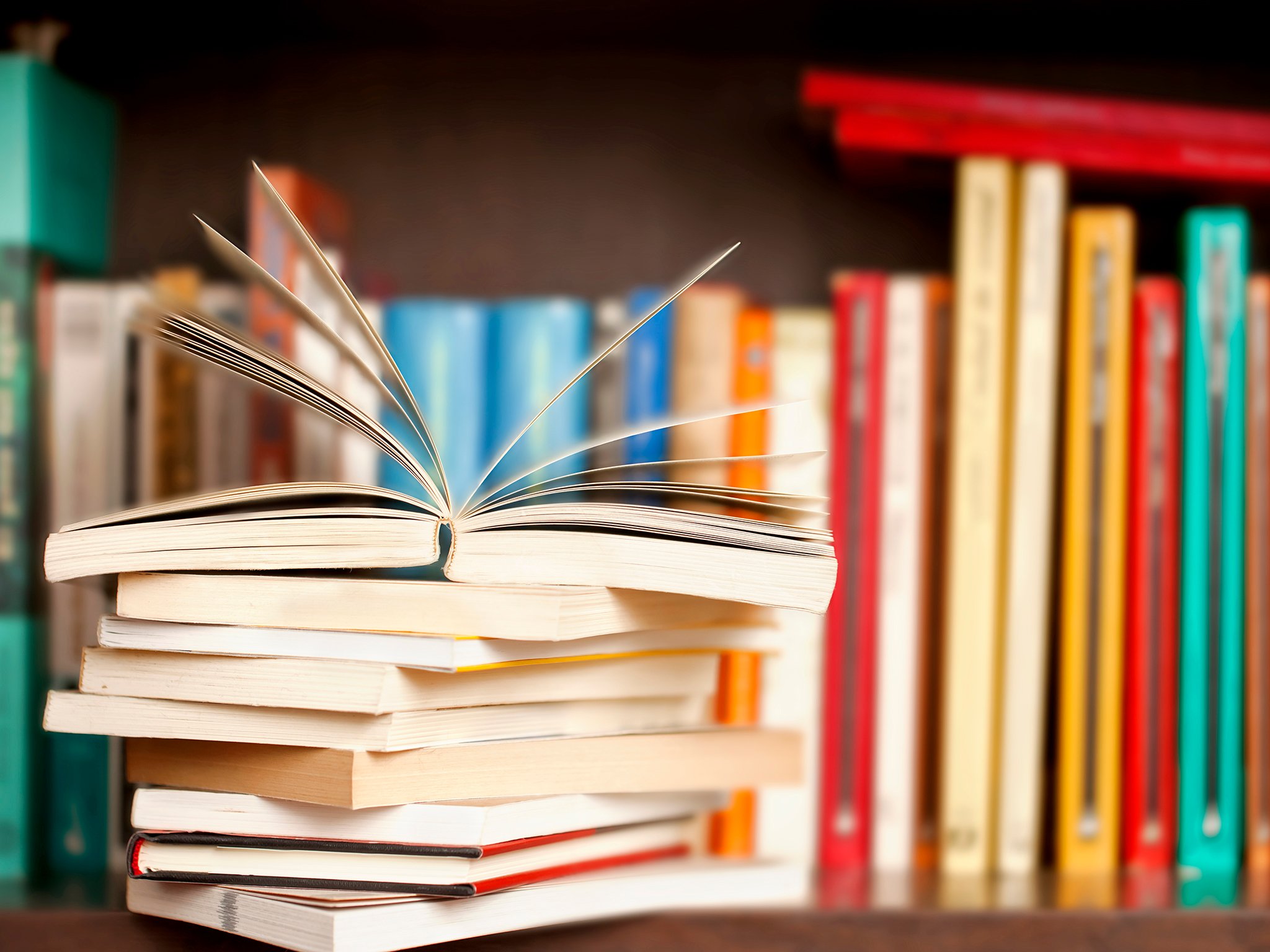
While the category ‘Most Read Books this Year in Egypt’, to be found on Goodreads, the largest online site for readers and book recommendations, can hardly be claimed representative of Egyptian readers as a whole, it is nonetheless interesting to take a glimpse at some of the popular reads of the past 12 months and to see whether there might be any identifiable trends or surprises amongst them.
The website Goodreads was founded back in 2006 and acquired by Amazon in 2013. Its number of members has been growing exponentially, with a whole 20 million registered back in 2013. The site offers its users a number of functions, including the possibility to generate individual reading lists, rate and review books, join countless groups and discussions and basically track one’s own reading habits or set personal reading goals.
For the undecided reader, there is always the option of looking into the site’s various lists, be they top 10 lists, genre or theme-based, or, in this case a list reflecting Egyptian reading habits of the past 12 months. More specifically, the list contains books that have been completed and reviewed with a maximum of five stars by readers registered as Egyptian.
50 books are of course too many to properly introduce here and interested readers can simply consult the list of interest themselves, for further information. What is more interesting at this point, is to highlight the top five, which have each had between 700-1000 reads over the past year, and by extension, to see if any general trends or popular topics and authors can be detected across the whole list.
The list of 50 books contains a mix of Arabic and English books, with book number one not being in Egypt’s national language, for example. Mark Manson’s ‘generation-defining self-help guide’ — as the blurb reads — entitled The Subtle Art of Not Giving a F*ck: A Counterintuitive Approach to Living a Good Life (2016) tops the list as it currently stands; it is a book that indeed appears to grace the shelves of many local bookshops in Cairo that house an English and non-fiction collection.
The core message of this book is that once we embrace our fears, faults, and uncertainties and start confronting painful truths, we are likely to find the courage, honesty, responsibility and forgiveness we seek.
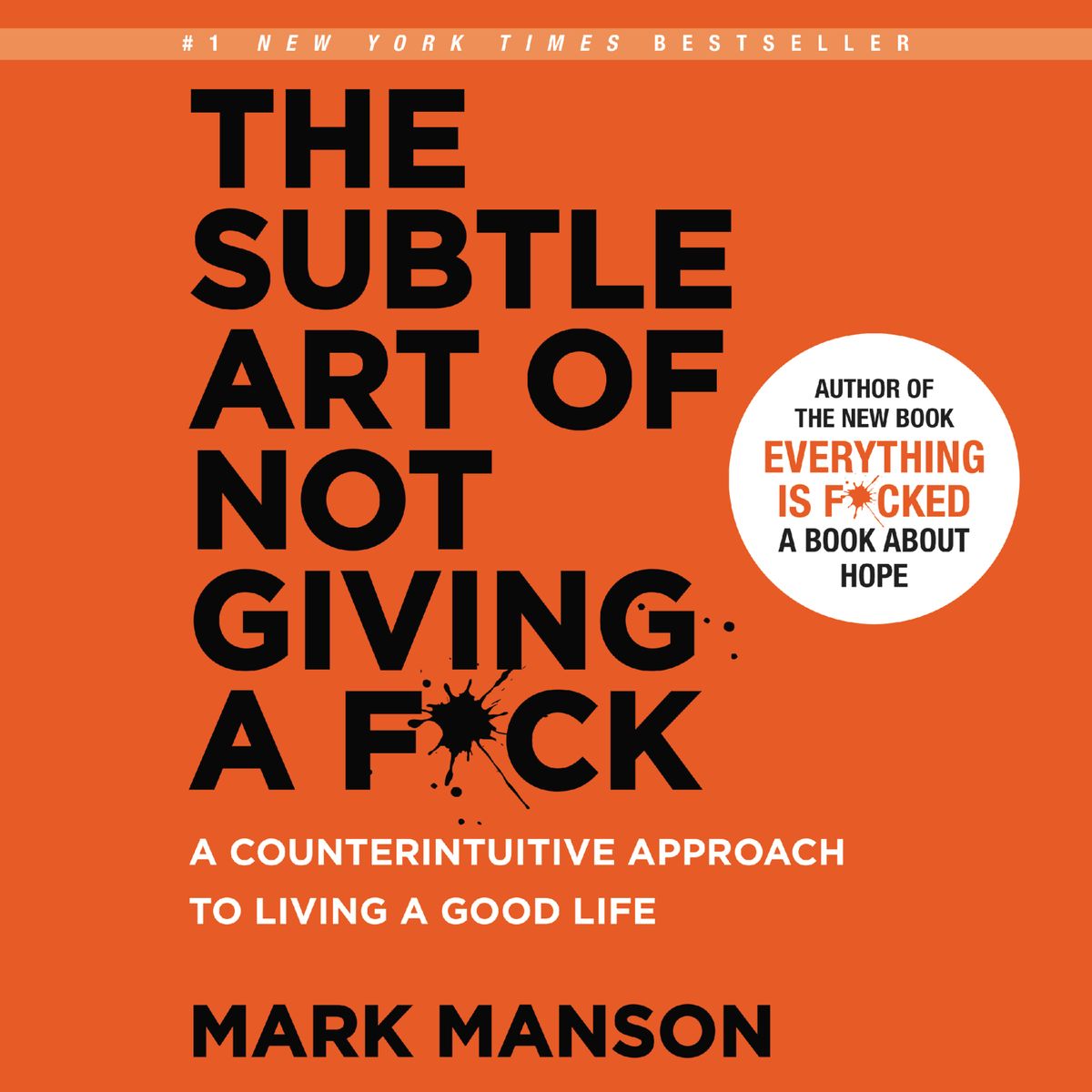
The books holding the second and third spot are both Arabic – Egyptian in fact – and were similarly published in the past ten years, like the majority of the 50 books. Late Egyptian author Ahmed Khaled Towfik’s dystopian novel, Utopia (2008) has thus far received 3.91 stars and Towfik is furthermore the most-represented author across the list, boasting a total of six books. Many of the other Arab authors are listed at least twice as well.
Towfik’s futuristic novel asks what Egypt will look like in 2023, imagining that the rich will have isolated themselves ‘in Utopia’ on Egypt’s North Coast, insulated from the poor and the bleakness of life outside the walls.
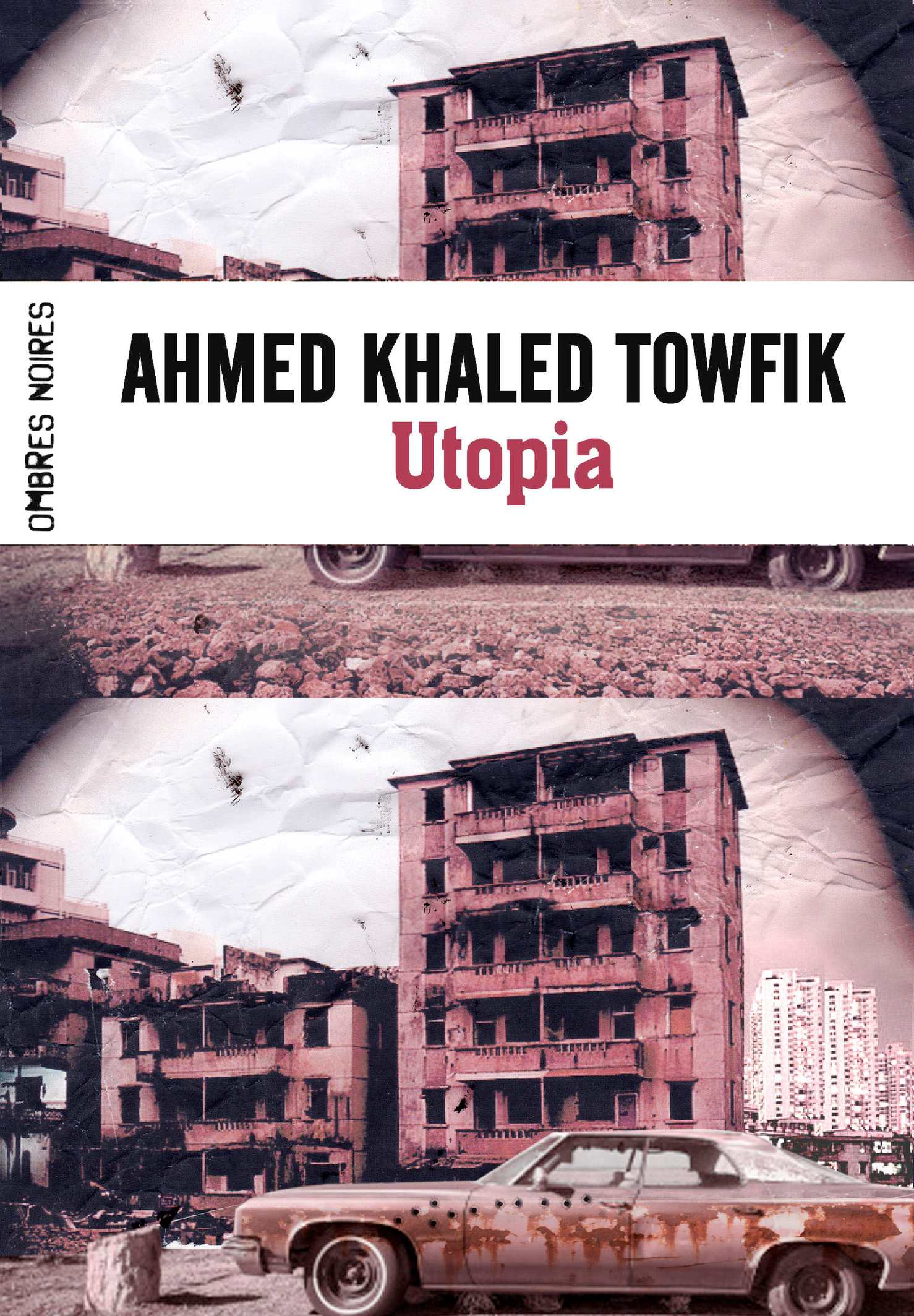
Alaqat Khatira (Dangerous Relationships) by Dr. Mohamed Taha, is described as being based on a 75-year-long study completed at Harvard University on the nature of human relationships, the ‘most complex need in the world’ as well as ‘one of the important reasons for happiness and joy.’
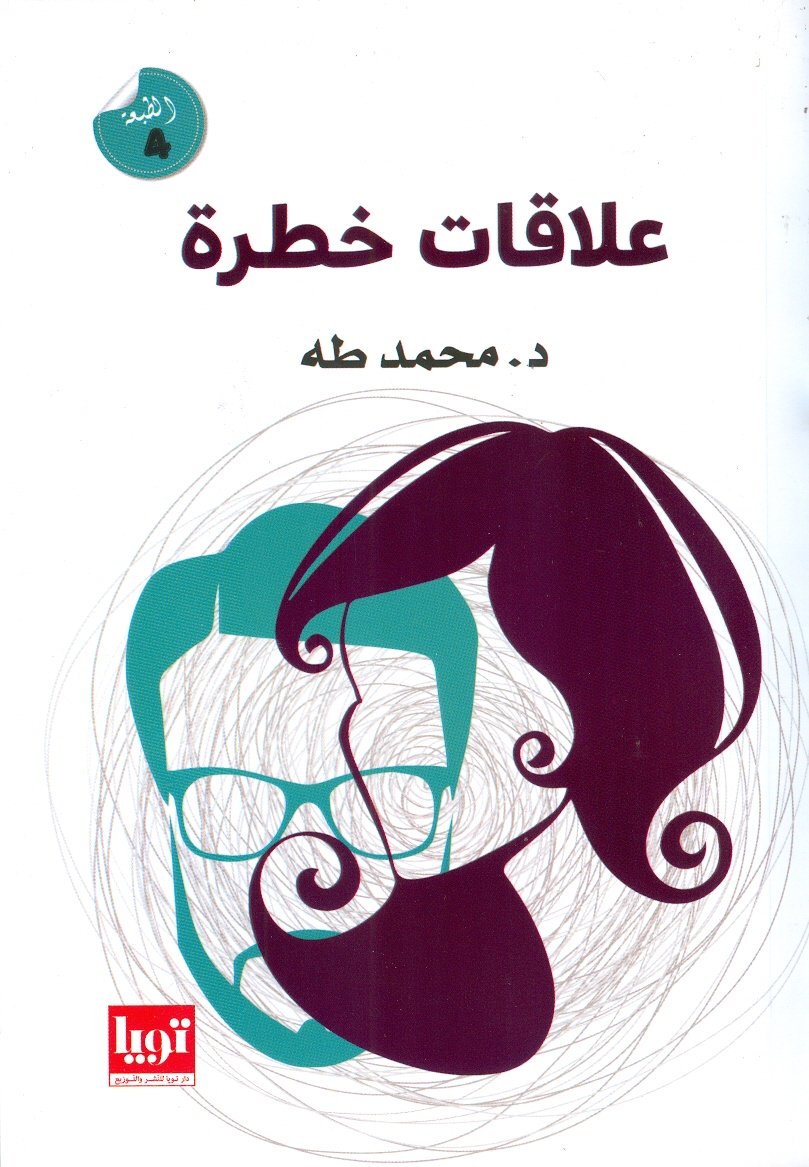
Rated fourth, and apparently still considered just as topical as when it was first published in 1945, George Orwell’s Animal Farm is one of two Orwellian classics to be found the top ten of this list. A satiric fable where animals play the main characters, it records the evolution from revolution against tyranny to a totalitarianism just as terrible.

One might wonder whether the readers of this list have taken a special liking to Orwell or whether perhaps the political themes underlying his novels resonate with certain developments or themes of interest in contemporary Egypt.
The first religious book can be found at number five and is another Arabic one: Li-anak Allah: Rihlat ila a-Sama’ a-Saba’ (Because You’re God: Trip to the Seventh Sky) by Ali bin Jaber Alfifi (2016). As its brief description reads, the book talks about some of the names of God and how we experience them in our lives.
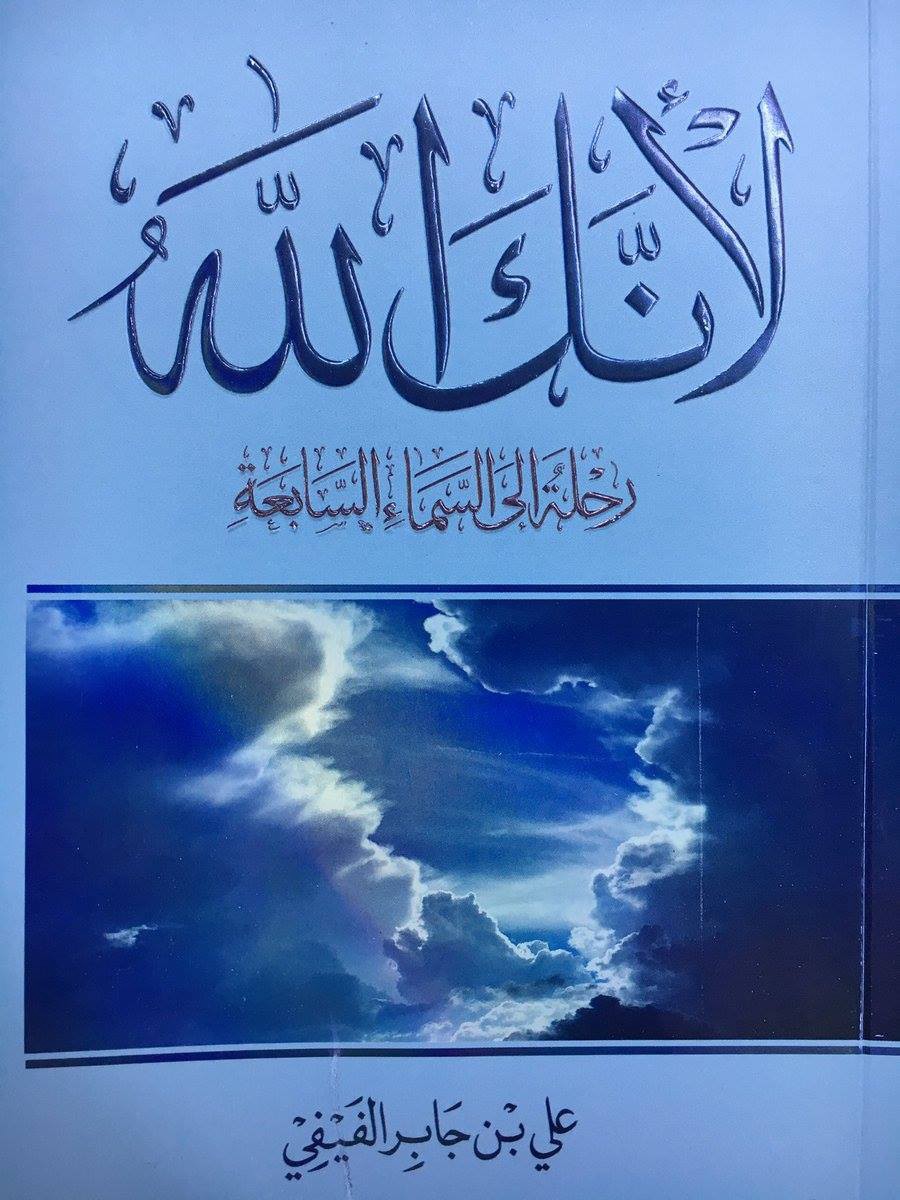
A brief glimpse at the remaining 45 books on the list allow for making a few additional discoveries and potential generalizations: 34 are in Arabic, Arabic thus still clearly being the language of preference for most Egyptians, and 11 in English. Interestingly, not all of the latter were written by English-speaking writers; we find amongst them Turkish Elif Shafak, for instance, or acclaimed Afghani writer Khaled Hosseini. Nor are all English books on the list originally English but rather oftentimes translations from French, Spanish, even Japanese.
Not all books are novels, as number one already demonstrated. Two intriguing titles for instance being the English Weird Things Customers Say in Bookshops by Jen Campbell at number 40, or the Arabic Kitab al-Mowasalat: Hikayat Shakhsiyyat li-Qatil al-Waqt (Transportation Book: Personal Tales to Kill Time), by Amr Taher at 22 as well as by the same author, a quirky-sounding history book with the title: Sanayeyat Misr: Mashahid min Hayat ba’d Bunat Misr fil-‘Asr al-Hadith (Industrial Egypt: Scenes from the Life of Some Builders of Egypt in Modern Times), the blurb of which mentions that it introduces more than 30 personalities who have influenced the lives of Egyptians, from the inventors of Cleopatra cigarettes and Corona chocolate to the architect of Cairo Tower.
Beyond the list presented here, entering the keyword ‘Egypt’ generated various other similar collections that might be worth browsing, including Best Egyptian Books, Best Books About Egypt, Novels Set in Ancient Egypt, Romance in Egypt (and/or) Egyptian Heroes and Heroines, For a Better Egypt and several others.
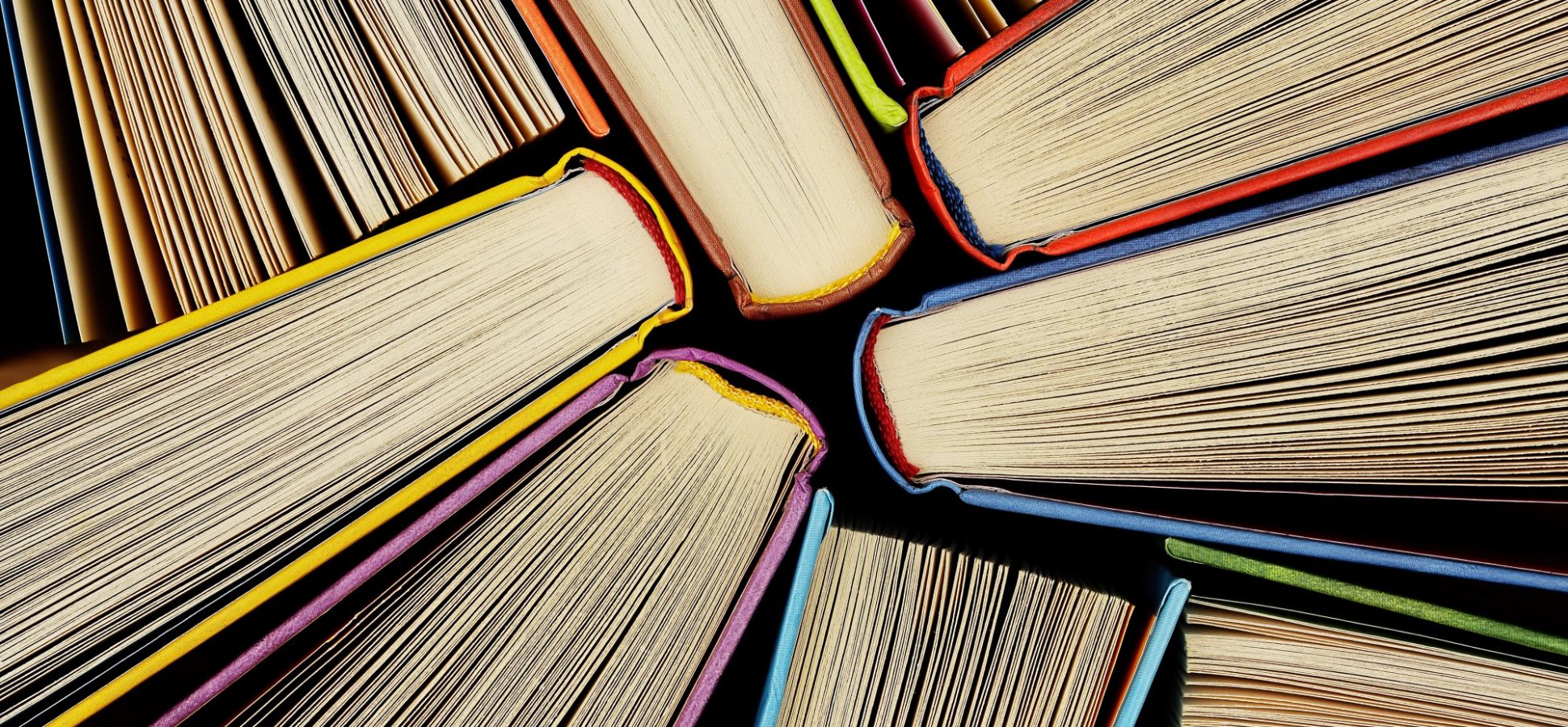



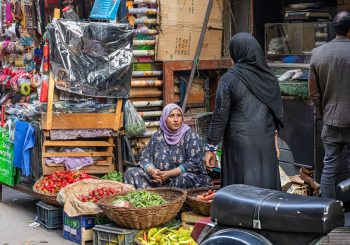

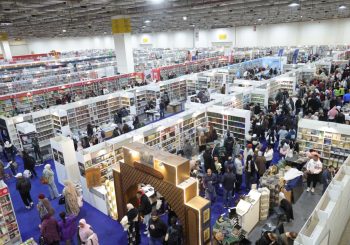
Comment (1)
[…] But throughout human history, the women in positions of power were more often used as political pawns in a male-dominated society. […]